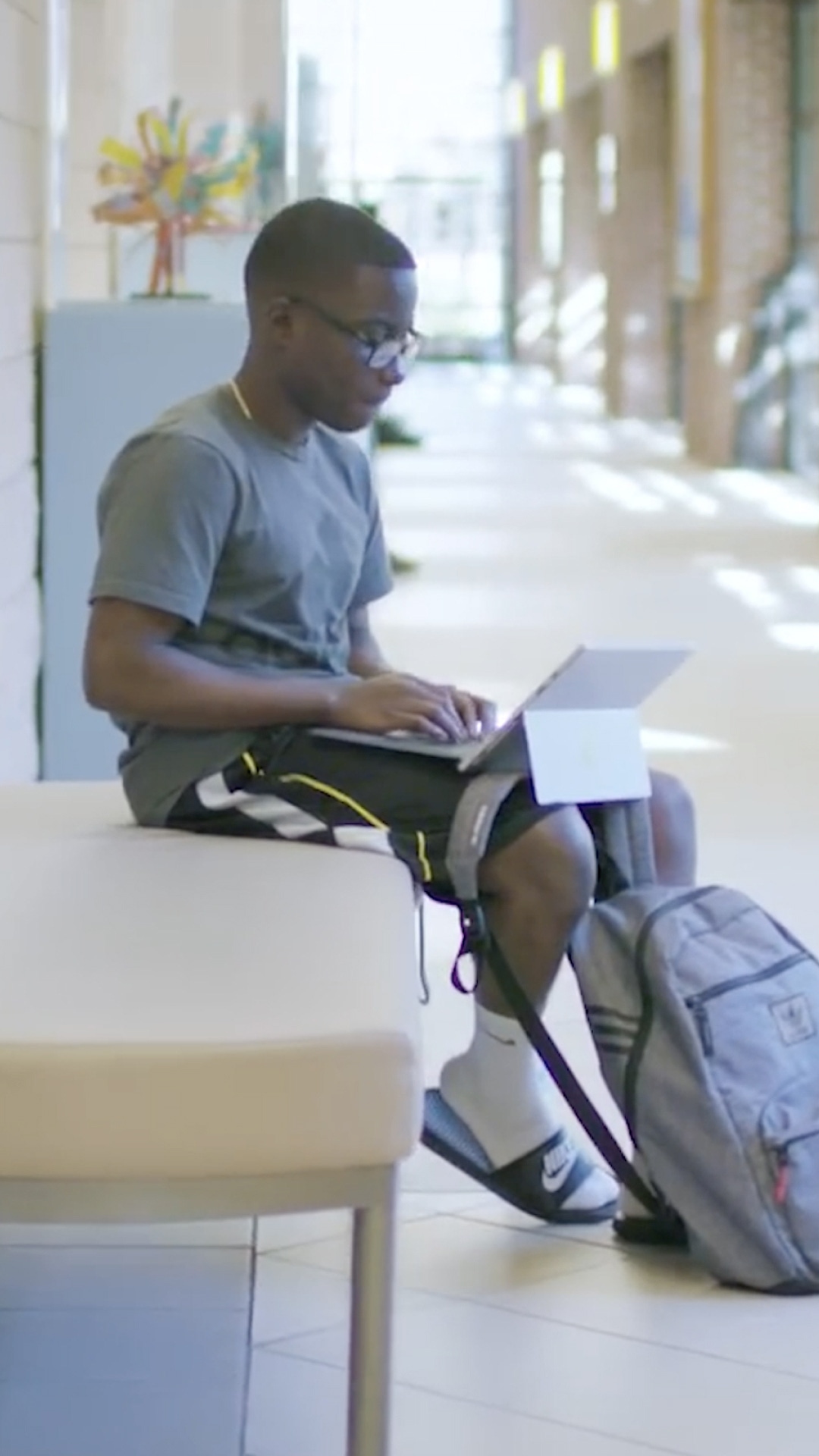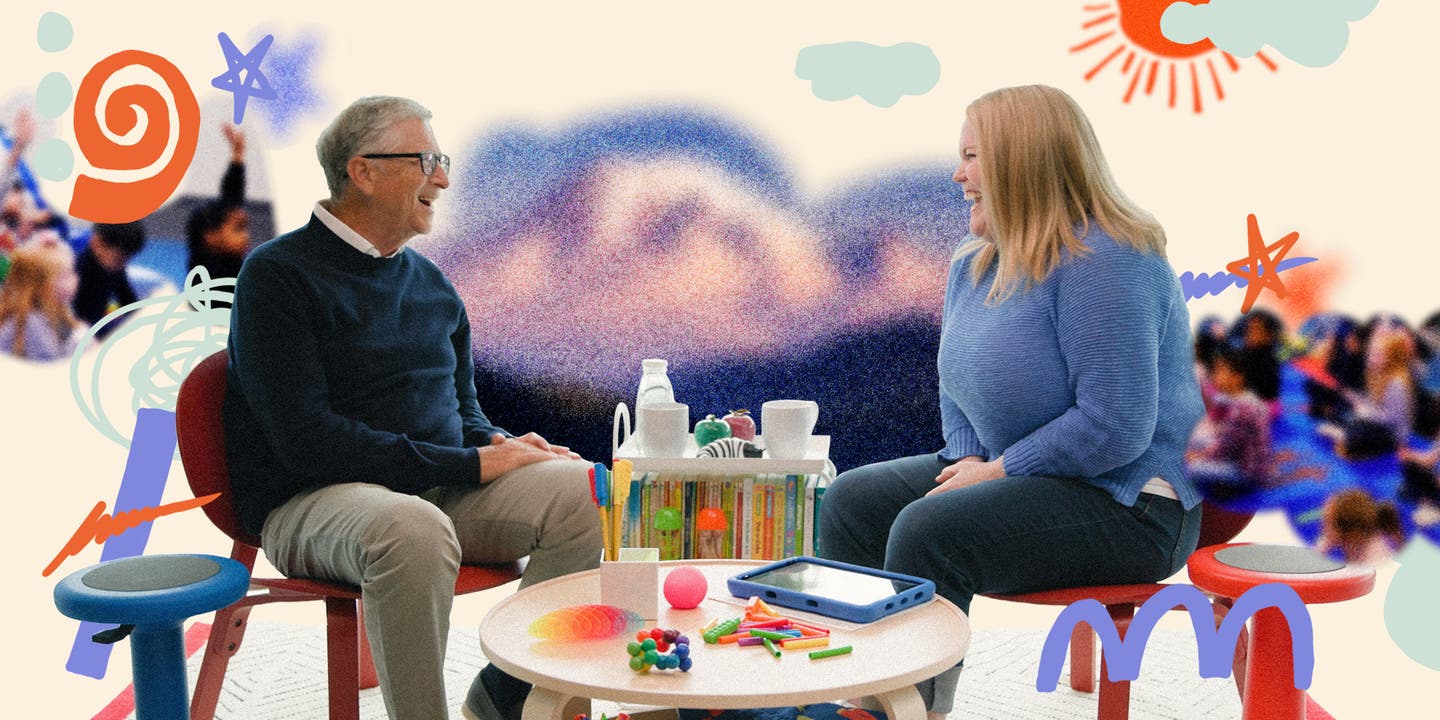In 2026, education is in the spotlight more than ever. The past five years have brought unprecedented challenges—from pandemic disruptions to mental health struggles to rapid technological change. They’ve also reminded me why this issue matters so deeply to me: As I wrote in my memoir, without a quality education, I wouldn’t be where I am today.
But millions of children around the world are missing out on that opportunity. In the U.S., low-income and minority students face significant achievement gaps as a result, especially in key areas like math and reading. That’s why improving education has been a top priority for the Gates Foundation.
At the K-12 level, we’re focused on boosting math instruction and ensuring teachers have the training and support they need. Given the importance of a post-secondary degree or credential for success nowadays, we’re funding initiatives to increase graduation rates, too. That includes better academic and career advising, personalized learning pathways tailored to each student, and more affordable college options. I’m also a big supporter of the Big History Project, my favorite online course that uses science, literature, and history to tell a coherent story of the universe—an approach that helps students see the big picture and develop critical thinking skills.
The education space is rapidly evolving, with new developments in teaching and technology emerging all the time. The schools I visit, books I read, and discussions I have with students and teachers alike all help me understand the challenges and opportunities ahead. It’s a pivotal moment, but I’m committed to making sure every student gets a great education that unlocks their potential—just like I did.



